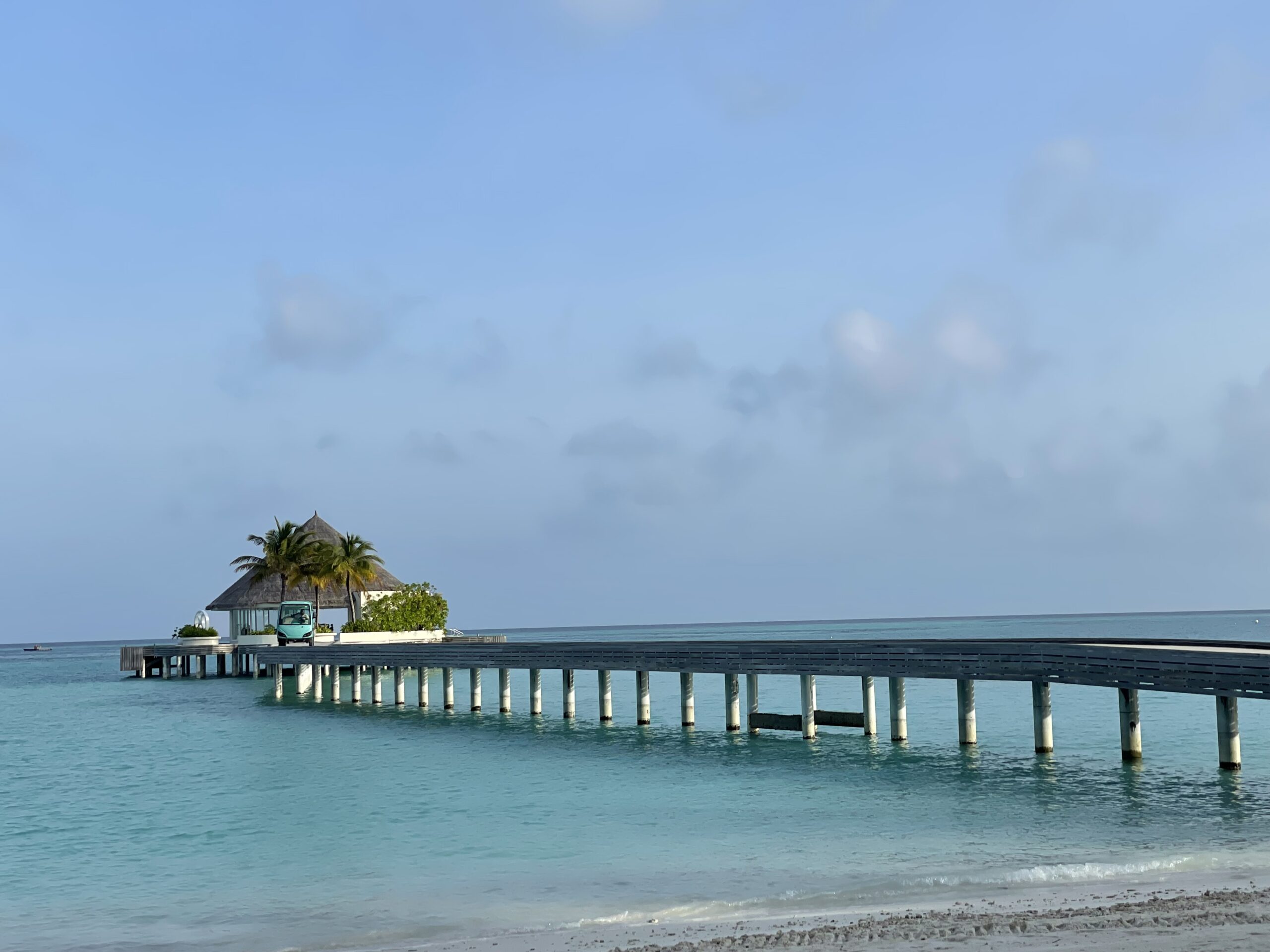There are a lot of travel related discussions on travel myths doing the rounds where don’ts outnumber the dos. But the question is – what is travel safety after all? Is it a fallacy we nurse in our mind? I believe that travel myths come from years of being drilled with the notion that travel is expensive and the world is scary. Let’s bust the bubble. Shall we?
Too many people I meet have said this to me – “I can’t. It’s impossible” or ‘it’s too dangerous” “too expensive” “I wish I could”, “how can i do it” – while some are downright cynical, putting down travelers as “snooty or someone with a rich benefactor”. Yet all of these notions couldn’t be far from the truth. Because, even in its shortsightedness, these deductions are the reality we face. But whether we can get around it is the most important question.
I often get asked questions, some hurtful and some rather misplaced, but my favourite is “I want to travel, but I don’t know how. Is it safe? Can I come with you?”
That question in itself expresses doubts on multiple levels – first, it talks about a desire, lack of understanding, lack of self-confidence and lastly safety.
Here I am going to attempt to put to rest some common myths about traveling and show why they’re wrong. I say this from experience that I have gained from traveling solo on self- funded trips and not always to “safe” countries around the world.
Table of Contents
Myth #1: Travel is expensive and unless you are born with a silver spoon, you can’t do it
Nothing is free, not even travel. But the idea that most people have of travel is the result of advertisements, commercials, and travel magazines that highlight fancy tours and luxurious accommodations, and use subtle marketing language that says “a fun vacation is an expensive vacation.” They advertised luxury hotels and fancy restaurants. When I first started traveling in 2005, I believed this too. I remember looking up tours and trips and wondering if I would ever be able to afford it. I paid twice the price for a ticket because of lack of planning – before eventually learning that with little planning I could have traveled for much less.

Hey, it was not as if I was on a high paying job or had a trust fund! Through the years I have met people working for minimum salaries and yet manage to travel for longer duration than me. They were the smart ones who went beyond the glossy travel magazines and fancy yacht cruises and found cheaper shortcuts to fulfill their dream.
Fortunately in today’s age, such information is easy to have – competition is fierce and as the consumer, you have many choices. It’s yours for the taking. The plethora of websites, apps, and tools make it easier for an inexpensive trip to happen. You don’t need very deep pockets, you need the will.
Heard of saving up? That helps!
I had to save up for months before my visit to Papua New Guinea to trek Kokoda Track – but I didn’t put it off because it was expensive! Today, completing that trek is the most colourful feather in my cap.
Myth #2: Credit cards are definitely a stupid financial move
On the contrary, I disagree to this. Credit cards are definitely helpful to make your travel-dream come true. They are smart financial instruments designed for the sensible user and come loaded with mind-blowing offers that are not just practical but affordable. Forget the lounge access, you can earn hundreds of thousands of miles per year that can enable you to travel for free (and they offer better purchasing protection than your debit card). Simply having multiple credit cards won’t send you into debt or cost you high interest rates. Just make sure not to spend more than you have and to pay off your bill each month. Moreover, having multiple cards increases your credit score over time. One of the biggest factors in your credit score is your credit-to-debt ratio; having several cards increases that ratio.
The only thing you need to remember is to pay your bills on time – study the fine print.
Myth #3: Couchsurfing is unsafe. If you hitchhike, you’d end up dead
Want to keep your cost down? Try hostels. Forget star –rated hotels. Try couchsurfing. Sure, there are concerns over crashing onto strangers couches – but couch-surfing has been around for hundreds of years, is perfectly safe, free and a fun way to explore a new place. It’s the same as inviting a friend’s friend into your home – nothing more.
I made some of the best people (who I am still friends with) through couchsurfing and staying at hostels – once in Trabzon, Turkey and one time in Guangzhou, China. In 2011, when I got ripped off at Giza Station in Egypt, a young man offered his home for me to stay. Instinctively I accepted. He (Ramee) took me to his house and his mother and sister were most hospitable. I didn’t speak a word of Arabic but we got along fabulously.
Remember that people on Couchsurfing or those who offer help, are usually kind and helpful. They want to show you the best their home has to offer. Experience has shown me you can rely on the kindness of strangers and yet there is a general fear of staying with strangers because we believe the world is unsafe and dangerous. People think “Stay with a stranger? No way. That’s dangerous.” Because, despite the fact crime has gone down, we perceive strangers to be dangerous. We just don’t trust people anymore.
And that fear makes people mistrust hospitality websites like Couchsurfing. However, websites like Couchsurfing allow you to see a host’s reviews and choose whom you stay with, and you always have the option of backing out. Single woman? Stay with another woman! Have a family? Stay with a family! You have many options and ways to research your hosts.
Websites that connect locals and travelers, such as Couchsurfing, EatWith, BlaBlaCar, Meetup, or BeWelcome, are safe and well policed by the community. Once people understand how these websites work, more will say “That sounds like a fun idea!” instead of “Stay with a stranger? No way!”
Not all hitchhikers are murders and not everyone who offers you a lift is going to send you into a ditch. I’ve hitchhiked in Europe and Africa – and doing just fine. Hitchhiking is about using common sense. You don’t have to get into any car that stops. Use your judgment. Don’t assume everyone is a psychotic killer. Think of it as going to a restaurant and ordering coffee – what are the chances of being poisoned? ZERO.
Traveling is no scarier than hanging out in your own city; people just get bogged down with irrational fear that prevents them from having an open and accepting mind. I mean, budget travel isn’t for everyone, but it is not out of your league either.
Myth #4: Travel is dangerous for women
Dervla Murphy is an Irish author and traveler (and my hero) who has travelled well into her eighties, mainly on a push bike, solo. She cycled through Afghanistan, Pakistan, former Yugoslavia, India, Africa and at eighty continues to write about it. Mention any of these countries, even today we’d go weak in the knees but this feisty woman has proved by example that not everyone out there are murderers.
Did Dervla Murphy take risks? Yes and Yes.
I quote her from one of her interviews – I felt a certain security as a woman travelling alone, and when my daughter went off I was perfectly happy; I hadn’t a care in the world,” she says.
In her book FULL TILT, she writes – “I thank God for my sanguine temperament, which refuses to allow me to believe in disaster until it is finally manifest.”
Men and women both face risks on the road, but yes, women do face additional hazards men don’t and have to be extra cautious in certain (or several) circumstances. But what makes it seem like there are murderers and muggers everywhere is the way we report the incident. Reporting the negative only adds to the belief that the world is so scary that a solo female traveler is very, very unsafe anywhere. That’s not true at all.
Was I ever molested? Yes, in Tanzania, right after my Mt Kilimanjaro descent. Did someone try to kill me? Yes, twice.
But did I stop traveling? Instead I learnt what I could do better and moved on. What did I learn? Things happen and the incidents of kindness outnumber the incidents of molestation and life-threats.
When I say travel solo, I don’t really mean that women should start packing off to war zones or even Papua New Guinea – chose a safe country to travel to.
If I look back on the times when people have told me “Don’t go there!” or “You might die!” it’s mostly advice from people who have never been to those places and have never done any research on them. Y
It is also important to ask the right questions from trustworthy sources. Hearsay is the the worst form of advice and not necessarily pertaining to travel alone.
Before I went to North Korea, my friends told me told me – “You’re not going.” They were obviously worried about North Korea’s situation. Had they done their research, they would have known that DPRK is one of the safest places for a tourist (if you followed all the rules) because you are always “guided”.
My visit to DPRK in 2014 was nothing short of miraculous. I will always remember this trip as an eye opener.
The crime rates in your backyard can be just as bad as the destination you’re headed to, if not worse.
Every day millions of women travel the world alone. It’s safe and doable, and you won’t end up in a ditch!
Myth 5: This advice is only useful if you are young and single
Family traveling the world together and posing in front of mountains and Instagram-perfect landmarks is very common these days. Too many people believe travel is something you can only do in your single youth. I understand that when you are older, you may want more luxury and that family travel requires more planning, but travel is not solely the purview of the young. Age doesn’t matter. I’ve seen families and seniors backpacking around the world, staying in hostels, and driving RVs.
You are not limited by age, only by mindset.
Your job is to ignore the naysayers. There’s an excellent community of travelers here who will support your decision. Travel is possible for the vast majority of us — no matter your budget.
How can you forget Vijayan, the tea shop owner in Kochi who has, in his advanced years, traveled to over 16 countries with his wife? He is a classic example of how wrong we are about the world.
Is he old? Yes
Is he rich? No
Does he dream to travel more? Yes.
Which leads me to another question. What are we really scared of?
Lately I have met a growing number of solo travelers, especially females, who are talking out against the culture of distrust and fear that has become so prevalent. These are the people who have dared to question.
What are we really scared of?
There is no one convincing answer to this, because for every fear there is a counter-explanation. More often than not, fear is in our mind. We tend to assume the worst – someone being too friendly? They might steal my wallet. Someone offering you his home? I think he wants to rape me….the list is endless. I’d rather take, fairly minimal, risks abroad seeing the world than the same risks in a job I don’t like just doing the same thing every day.
Many of the naysayers forget that they already live in statistically one of the most dangerous countries in the world.
Travel can only help change that.




